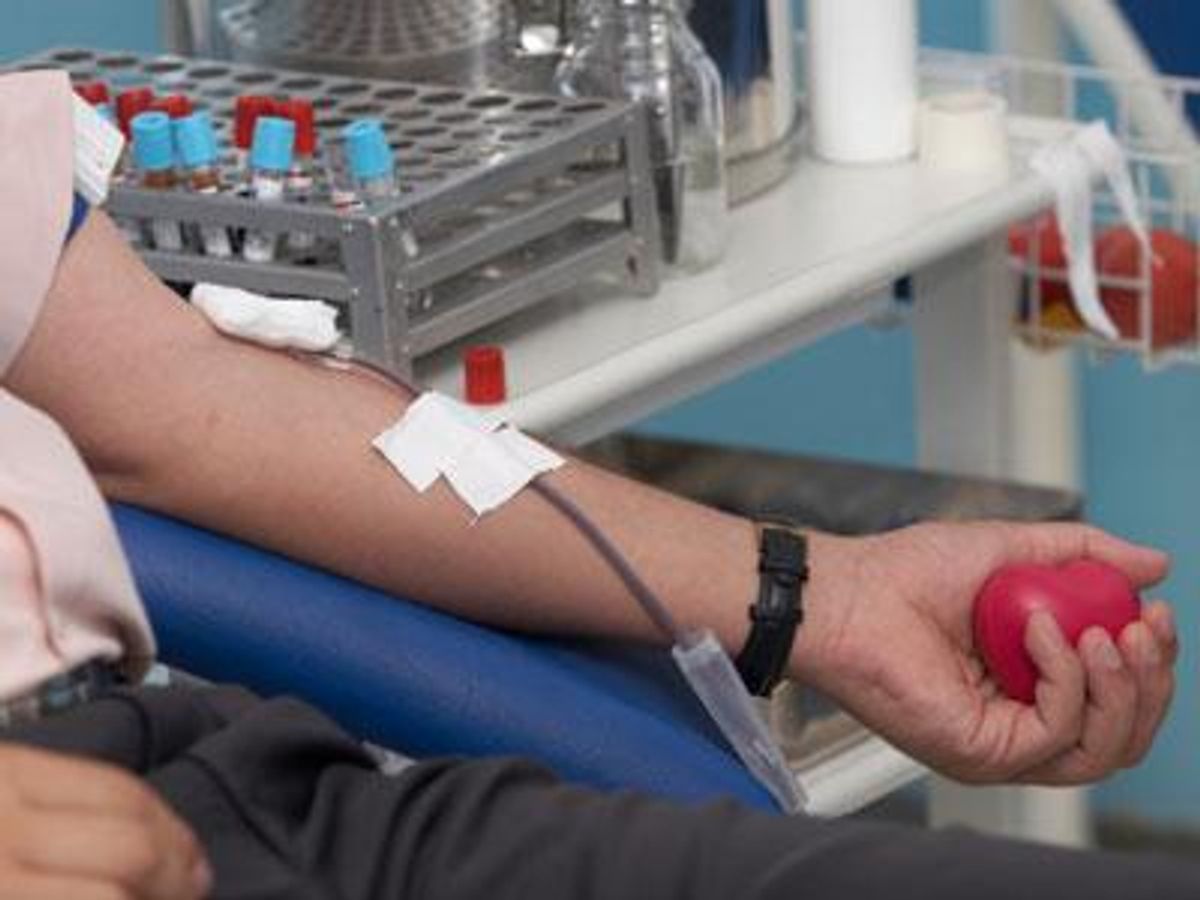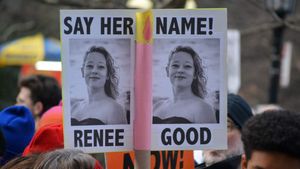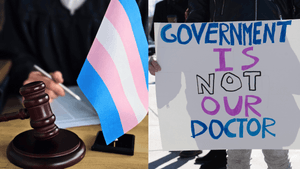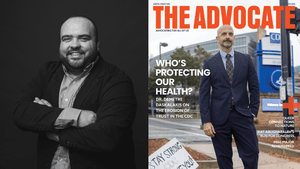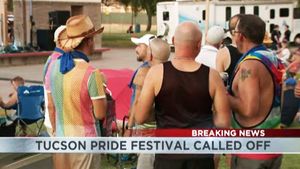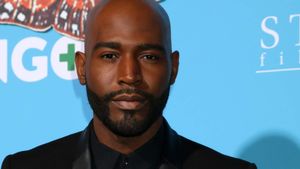The choices we make are not always easy. For a gay man like myself, the choice between expressing our love physically and remaining eligible blood donors can be among the most difficult.
However, not all are even aware that they are making this choice until they are donating blood at work to save a loved one’s life. Surprisingly few are aware of the 1983 U.S. Food and Drug Administration’s decision to ban all blood donations from men who have had sex with men (“MSM”) before they are denied from donating blood.
According to the American Red Cross, a single pint of donated blood can save up to three lives. Why must gay men choose between expressing what comes naturally to us or to trying to save the lives of others?
The reason is the FDA’s fear of HIV entering stores of donor blood – a fear that has less and less basis as testing technology advances, as according to the FDA and Stanford Blood Center, all blood centers use the most advanced tests available to test for all kinds of blood-borne infections, HIV included.
So why must we choose? Given the FDA’s refusal to change this regulation multiple times despite the advances in HIV technology minimizing the risk of the virus entering donor blood stores, it simply seems like a new way to way to punish an act of love between two men. That is why I began a Change.org petition to show the FDA that we deserve the right to donate blood.
This is my way of protesting this ban on gay blood donations. Unfortunately, several higher education institutions have tried to change their policies towards blood drives specifically because of the all-out ban on MSM blood donors. Because college blood drives are the major source of donated blood, protests alone could affect the nation’s blood supply. In just the past decade:
- Jan. 2006: Students at the University of Vermont organized a request that the university ban blood drives on campus, though the request was ultimately denied.
- Mar. 2007: Iowa State University student organizations called their members to not donate at the university¹s annual blood drive, resulting in the loss of an estimated 500 pints of blood.
- Jan. 2008: San Jose State University (SJSU) officially and publically stopped sponsoring blood drives. The Stanford Blood Center responded to this protest and stated that blood centers nationwide now routinely use two different tests for HIV detection.
- Jun. 2008: Sonoma State University faculty senate attempted to ban blood drives at the university.
- Oct. 2011: CUNY has been considering moving their blood drives off campus while still promoting them. This distance will likely affect the amount that gets donated in the end.
The American Red Cross has stated that "[the s]ummer & winter [are] the most difficult times of the year for the Red Cross to recruit enough blood donors to meet the needs of patients." Maintaining the current FDA policy not only denies a potential new source of blood, but when people who are eligible to donate blood begin to protest by not donating blood, the policy begins to cause more harm than good. This is the wrong way to protest the gay blood donor ban the FDA has enforced for the past 30 years. Please do donate blood, and please sign a petition to change the current policy in a peaceful manner at Change.org.
MICHAEL HERNANDEZ is currently a Master in Business Administration student at the University of Oklahoma. He is the originator of the petition to allow gay men the right to donate blood on Change.org.
